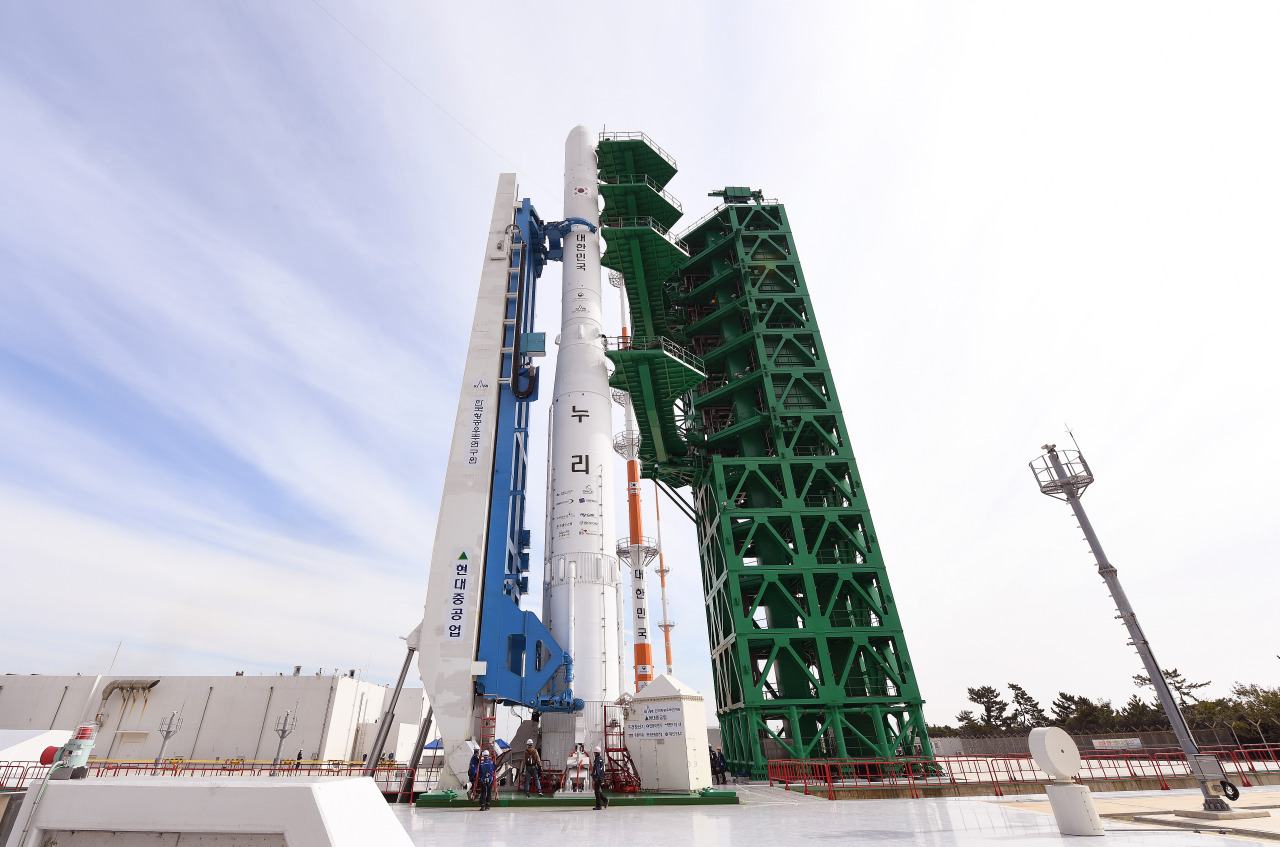Subscribe for our News

South Korea joins space race with launch of first homegrown rocket
South Korea has conducted the first test launch of its domestically built rocket, joining the ranks of advanced space-faring nations. South Korea has risen to become the world’s 12th-largest economy and a technologically advanced nation but has lagged in the headline-making world of spaceflight.
Seoul’s space programme has a chequered record – its first two launches in 2009 and 2010, which in part used Russian technology, both ended in failure, the second one exploding two minutes into the flight. The first successful launch was in 2013 and came after multiple delays and several failed tests. That rocket was also jointly developed with Russia.
Finally now NURI (which means “world”) has been launched. The rocket weighs 200 tonnes, is 47.2 metres (155 feet) long, and is fitted with a total of six liquid-fuelled engines. It is designed to put 1.5-tonne payloads into orbit 600km to 800km (373 miles-497 miles) above the Earth and has been 10 years in development at a cost of 2 trillion won ($1.6bn).
Having its own launch vehicle will give South Korea the flexibility to determine payload types and launch schedules, as well as protect “confidential” payloads such as spy satellites.
“Rockets are the only means available to mankind to go out into space,” Lee Sang-ryul, the director of the Korea Aerospace Research Institute, told South Korean newspaper Chosun Biz. “Having such technology means we have fulfilled basic requirements to join this space exploration competition.”
South Korea plans to carry out four more launches of the Nuri until 2027 to increase reliability, according to the Korea Aerospace Research Institute (KARI) that is overseeing the launch. South Korea is aiming to send a probe to the moon by 2030.
Links:
https://www.bbc.com/news/world-asia-58990718
https://www.aljazeera.com/news/2021/10/21/south-korea-prepares-launch-of-first-space-rocket

